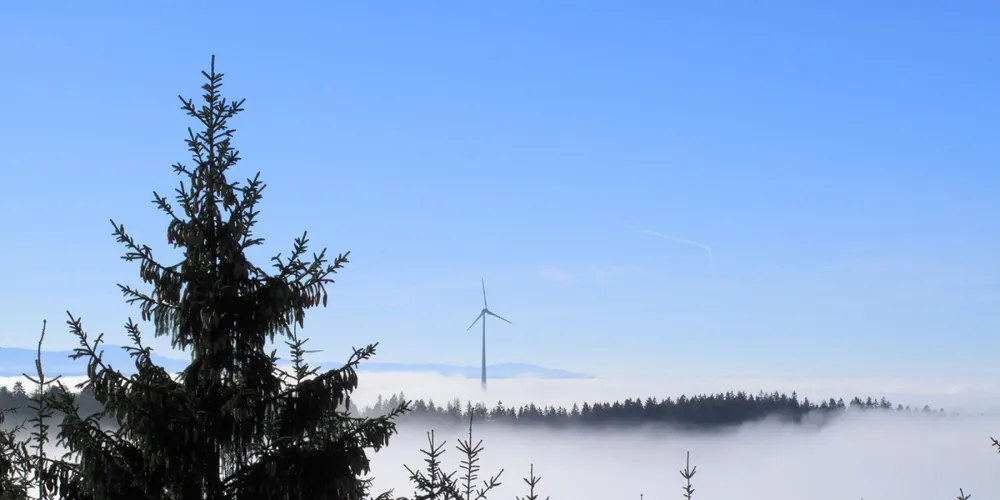ANALYSIS: Much at stake for RE in German state elections
Energy issues have been eclipsed by the all-overshadowing refugee crisis in Germany's three state elections, but much is at stake for renewables when voters go to the polls on Sunday.

Energy issues have been eclipsed by the all-overshadowing refugee crisis in Germany's three state elections, but much is at stake for renewables when voters go to the polls on Sunday.
